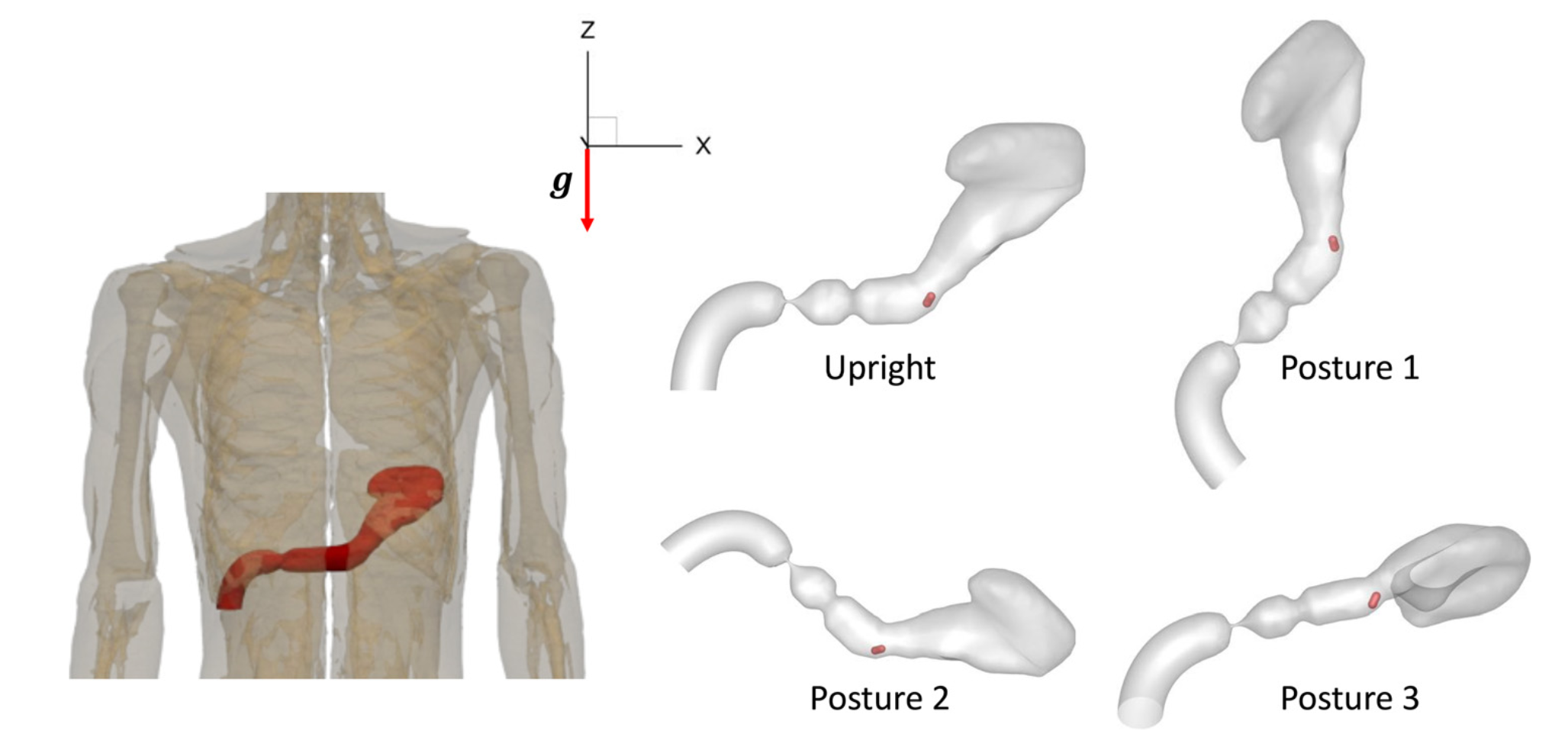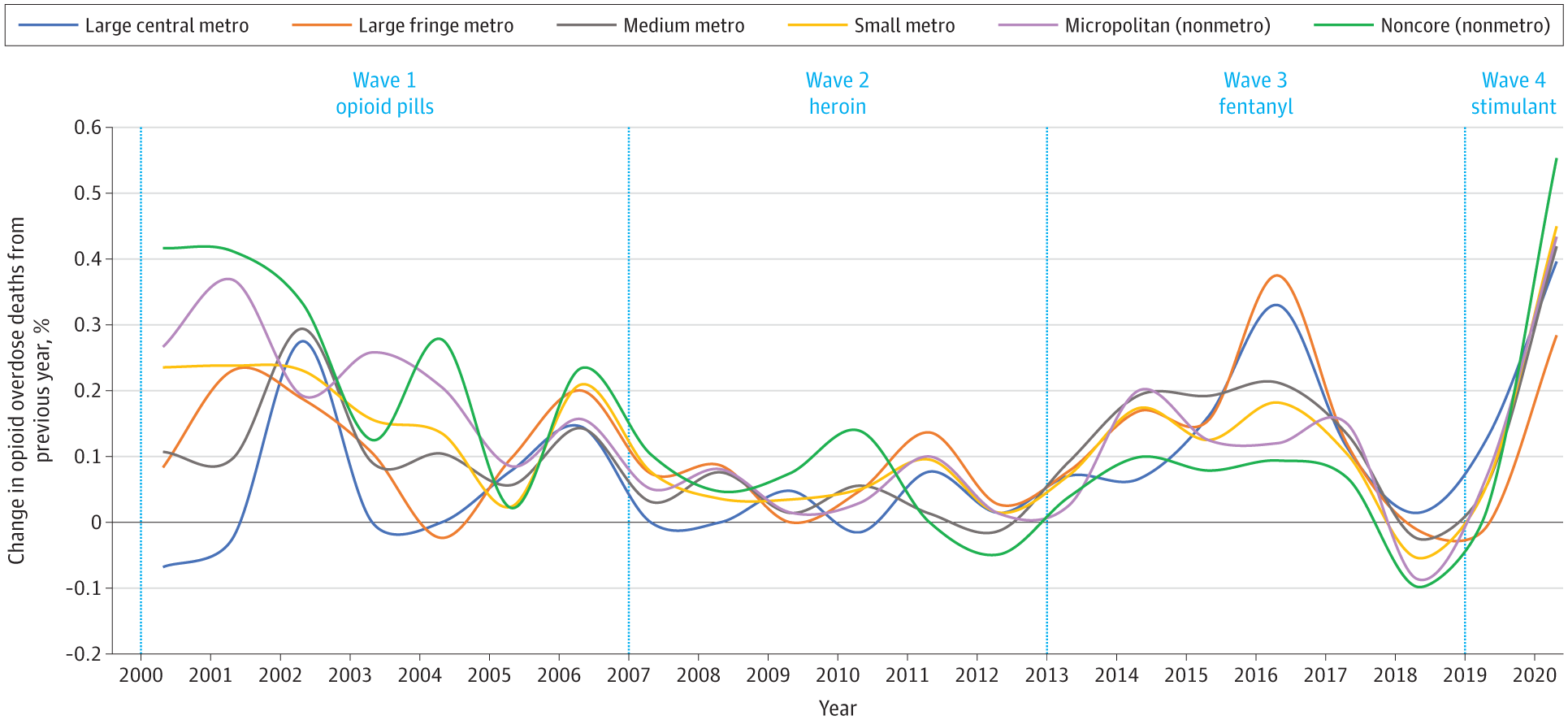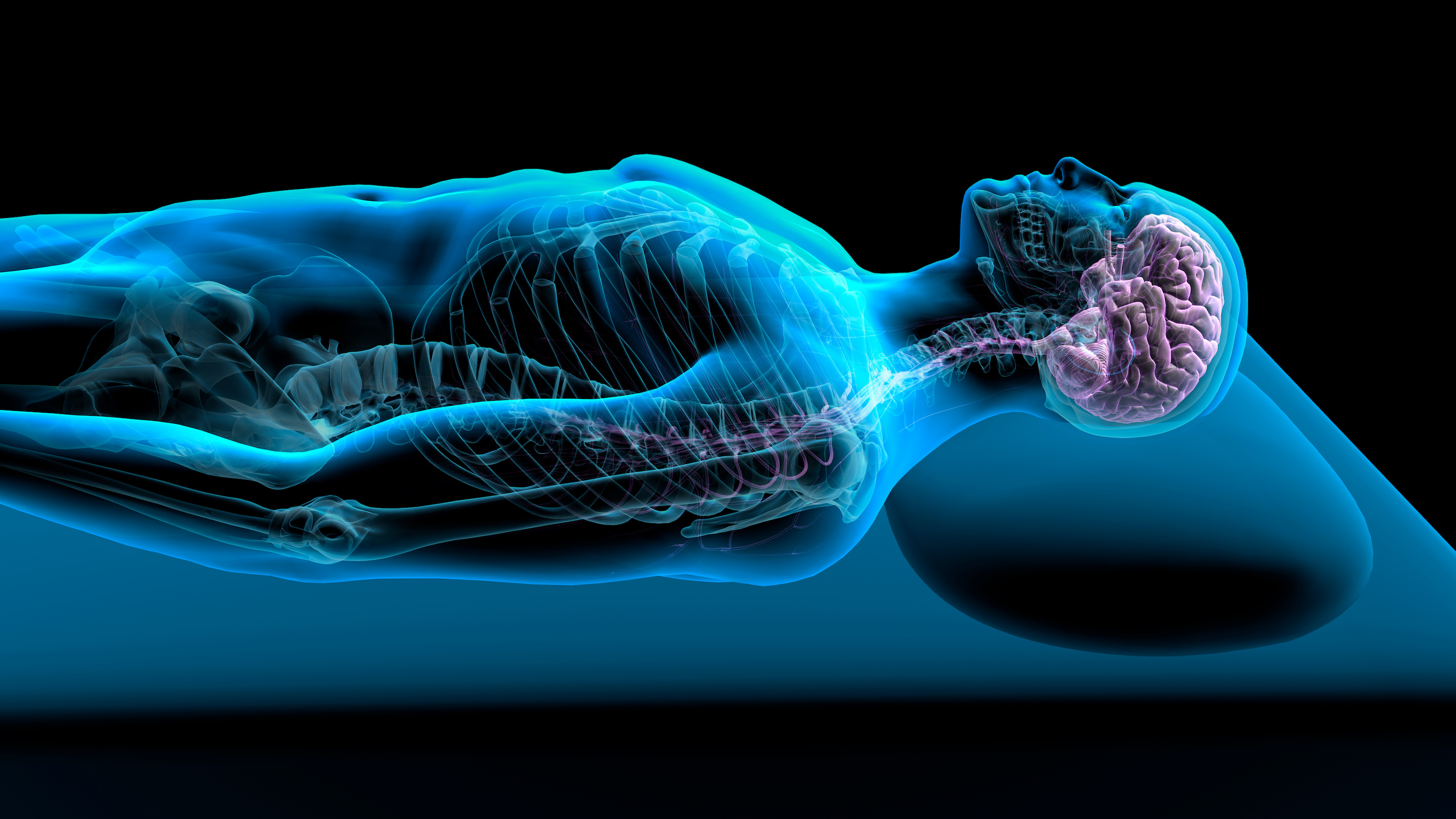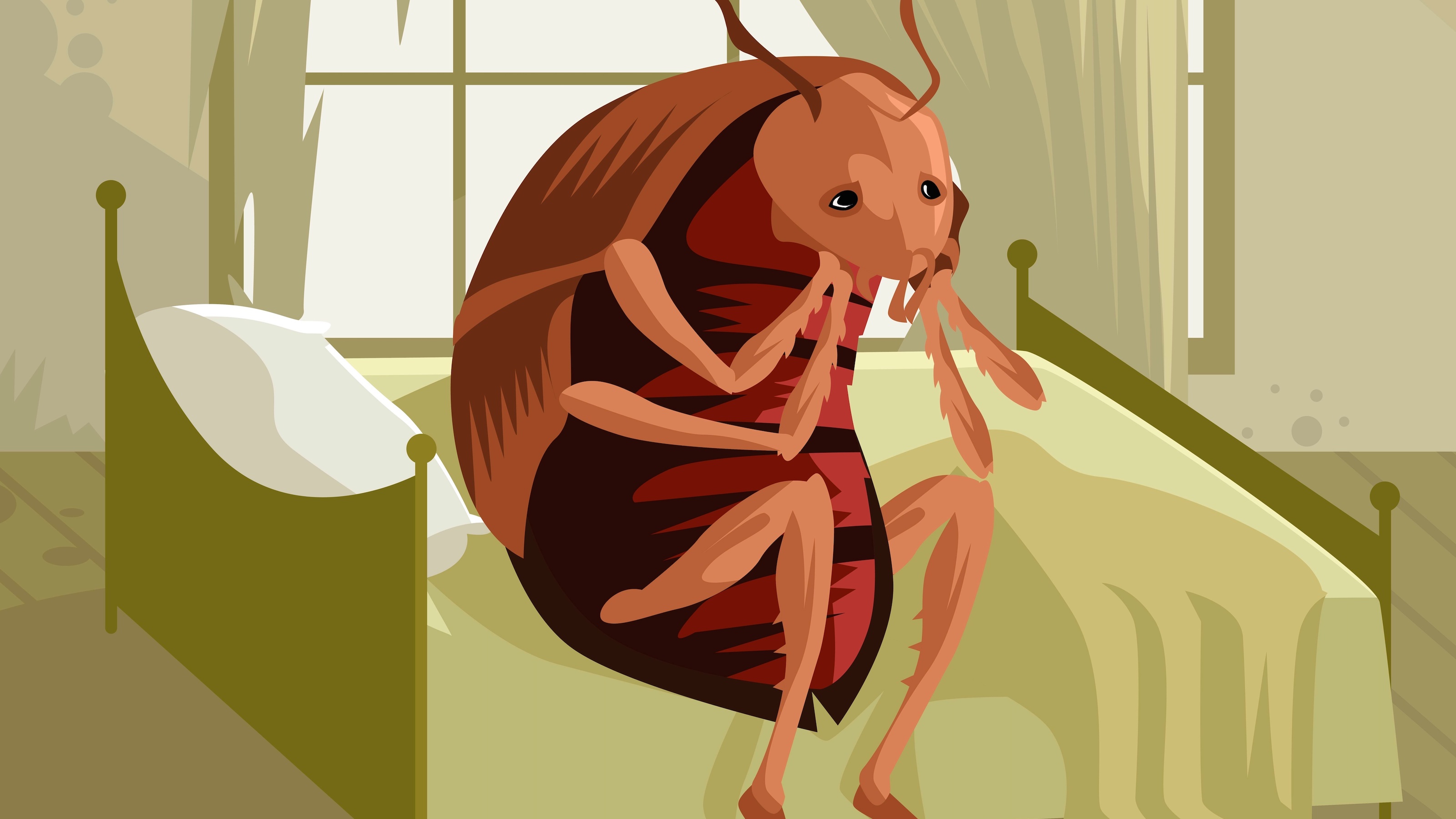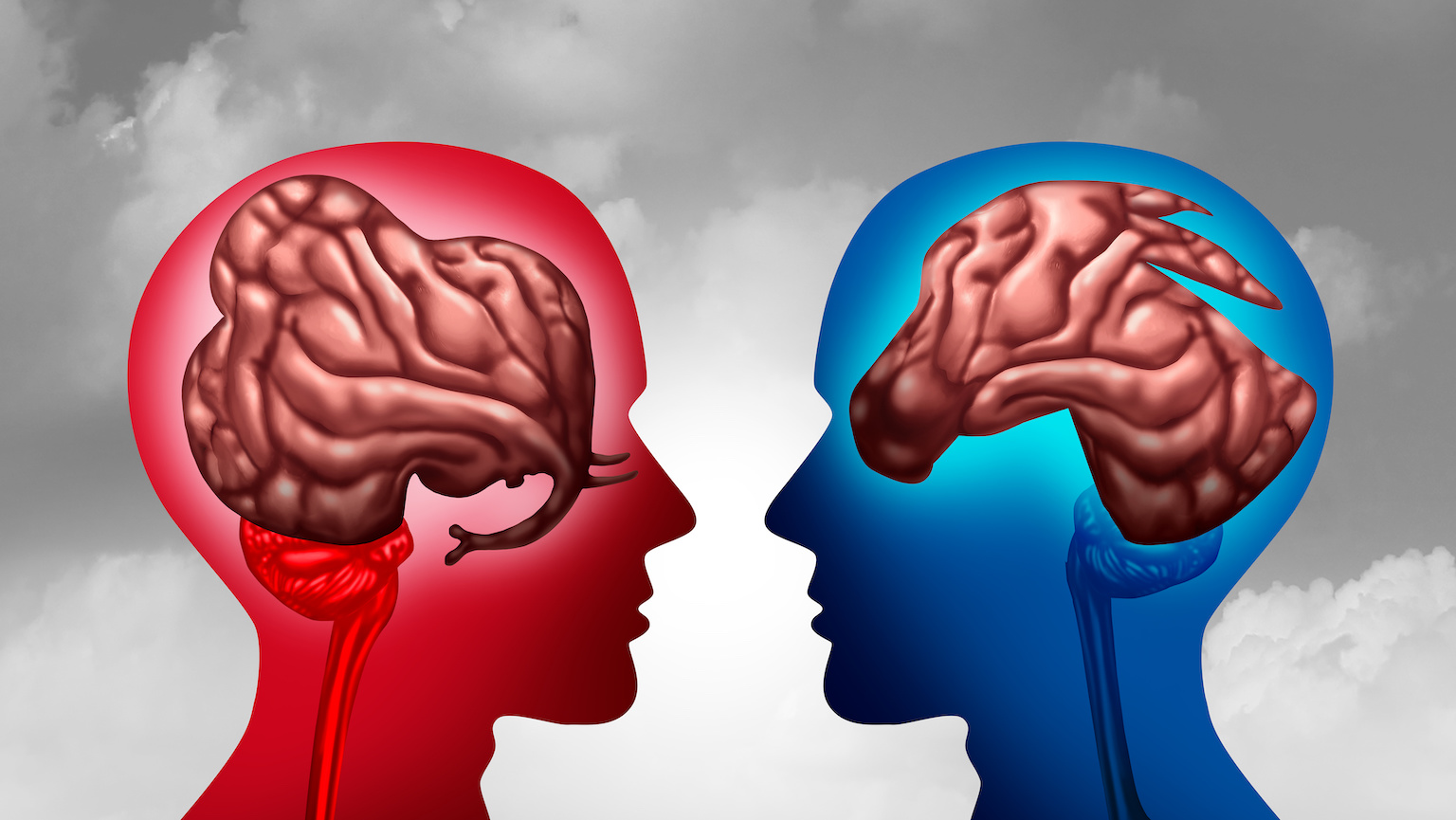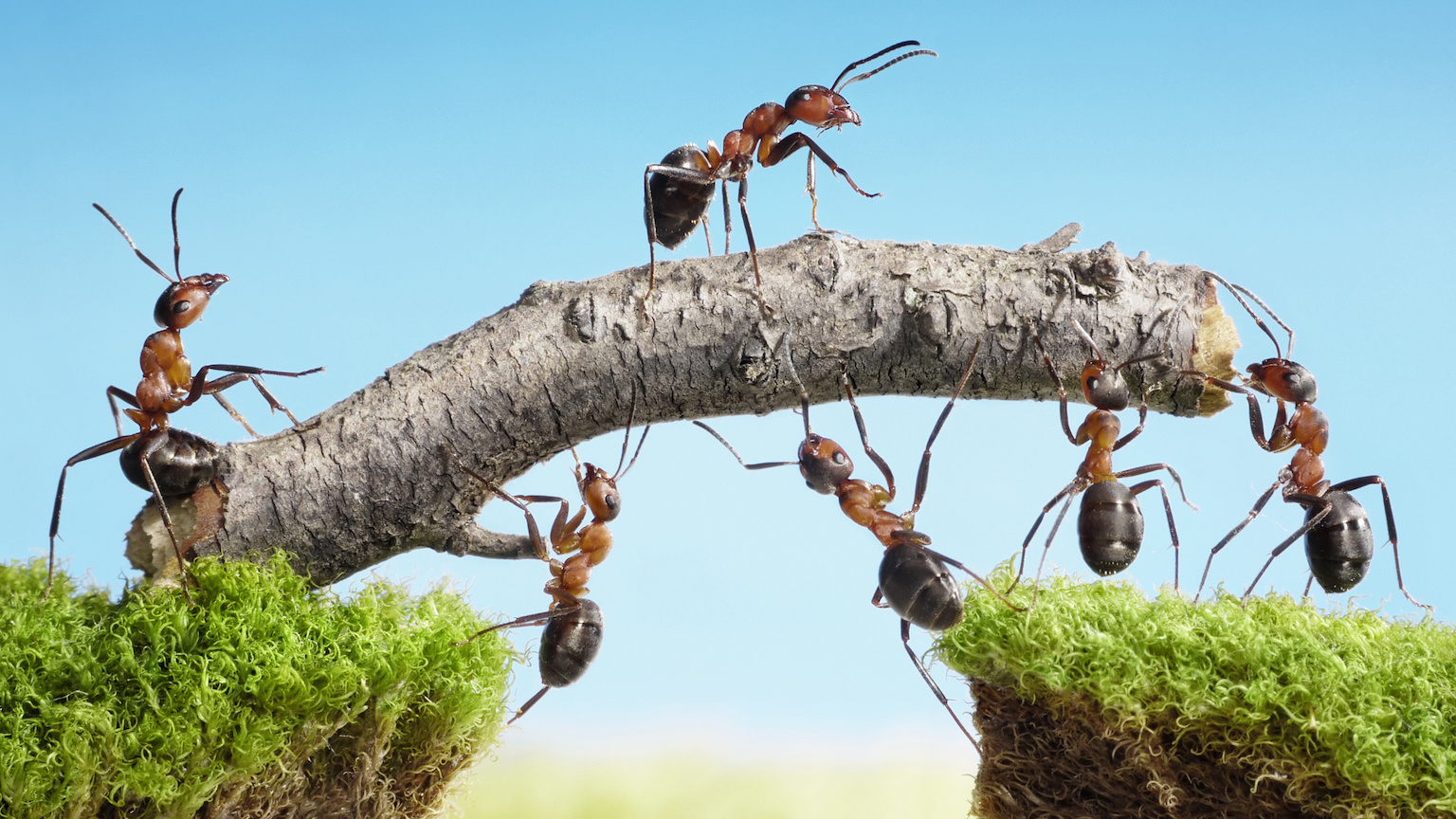Ross Pomeroy
Editor, RealClearScience
Steven Ross Pomeroy is the editor of RealClearScience. As a writer, Ross believes that his greatest assets are his insatiable curiosity and his ceaseless love for learning. Follow him on Twitter @SteRoPo.

If you want a medication to kick in faster, lean right.
Scientists turn to nature to improve a ubiquitous building material.
We’ve been somewhat lucky in the past…
The “Mind After Midnight” hypothesis aims to explain why night owls tend to suffer more negative health outcomes.
Not too hot, not too cold…
“This fourth wave will be worse than it’s ever been before.”
It might be good for your memory.
Some ozone experts seriously doubt the findings.
One might think that people who started poor and became rich might be more sensitive to the plights of the poor. Not so, suggests a new study.
Most American men who die by suicide do not have any known history of mental health problems. So, what is to blame?
More than 90% of human faces are home to mites that live in our skin pores. These friendly guests might be merging with us.
Deaths of despair are skyrocketing in the U.S., while at the same time, they are falling in other wealthy countries. What are we doing wrong?
“Lac-Phe” grants obese mice the benefits of exercise — without exercising. But don’t expect an “exercise pill.”
A deep learning AI running on a supercomputer was able to link patterns of brain connectivity to political ideology.
A doctor once joked that statins will be added to the water supply. Humor aside, the data shows that statins really are a “wonder drug.”
Your old-fashioned chronological age is just a number. Your biological age can tell you how healthy you really are.
Will nature or nurture win out?
Drugs that stifle acute inflammation may prevent the body from healing properly.
It’s the clitoris, stupid!
A large study links pornography use to decreased sexual performance for men and increased sexual performance for women.
Morbid fatality statistics on digital highway signs seem to distract drivers, thus increasing the number of car crashes.
Behavioral interventions may be better for long-term health.
Benjamin Franklin’s lightning rod saved countless lives, but some religious leaders denounced his invention.
A large study concludes that people who grew up in rural areas are superior at navigation, likely because cities tend to be less complex.
COVID-19 and other microbes have shed light on disease spillover from animals to humans, but we can also spillback disease to wildlife.
Could we all attain this superpower?
Can stories help us become more creative?
The insects were just as accurate as trained dogs, although not as cuddly.
